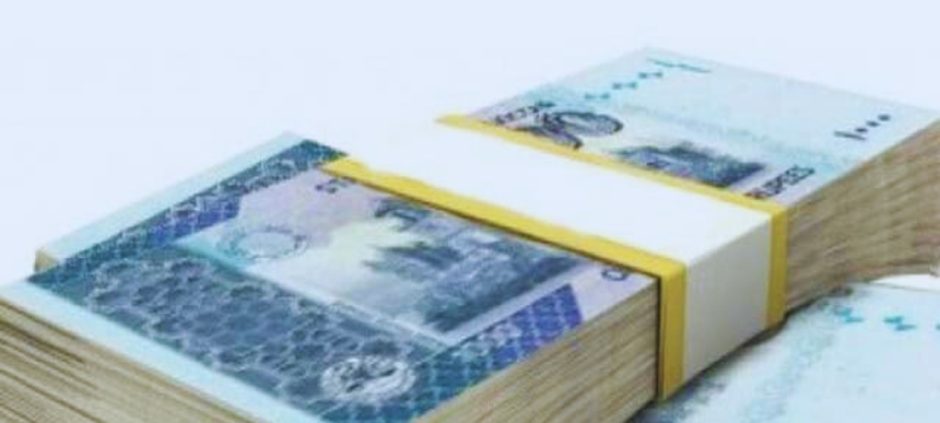The State Bank of Pakistan (SBP) carried out its largest-ever single-day liquidity injection on Friday, providing Rs14.3 trillion to banks through Open Market Operations (OMOs) to bridge temporary and structural liquidity gaps.
According to official data, the central bank injected Rs13.93 trillion via conventional reverse repo operations at an annual return rate of 11.03%, while an additional Rs375 billion was disbursed through Shariah-compliant Mudarabah-based OMOs at 11.11%.
Read More : SBP Confirms Cryptocurrencies Are Not Banned
Sana Tawfiq, Head of Research at Arif Habib Limited, described the move as “one of the highest single-day liquidity injections by the SBP.” She attributed the surge to seasonal factors, including increased cash demand ahead of Eid, as well as structural issues such as government debt repayments and delays in fresh inflows.
Tawfiq noted that IMF restrictions preventing the government from borrowing directly from the SBP have forced banks to step in, diverting funds toward government securities. Analysts expect elevated liquidity injections to continue until post-Eid cash circulation normalizes and fiscal inflows improve.
Rupee Weakens Slightly Against Dollar
Meanwhile, the Pakistani rupee depreciated marginally against the US dollar in the interbank market, closing at 283.70, down by six paisas from Thursday’s rate of 283.64.
Globally, the US dollar strengthened amid safe-haven demand as geopolitical tensions in the Middle East kept investors cautious.
Gold Prices Decline
Domestic gold prices followed a downward trend, with 24-karat gold falling by Rs1,595 per tola to Rs357,000. Similarly, 10-gram gold prices dropped by Rs1,368 to Rs306,069.
Internationally, gold remained steady but was set for a weekly loss as markets awaited further developments in the Israel-Iran conflict. Spot gold hovered around $3,369.63 per ounce, with analysts noting key support levels at $3,320.
Adnan Agar, Director of Interactive Commodities, stated that gold has been trading in a narrow range, with investors adopting a cautious stance due to geopolitical uncertainties.











